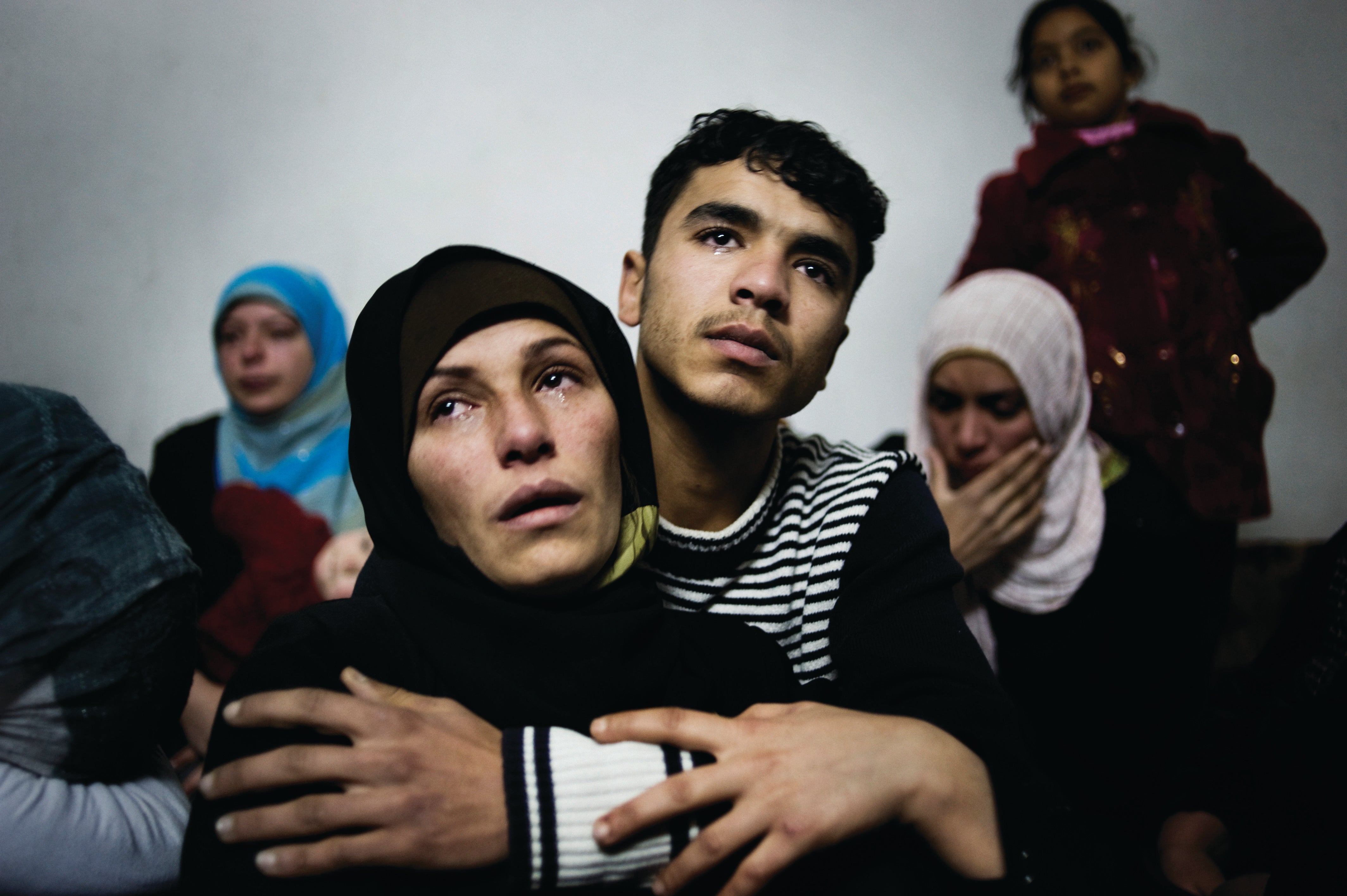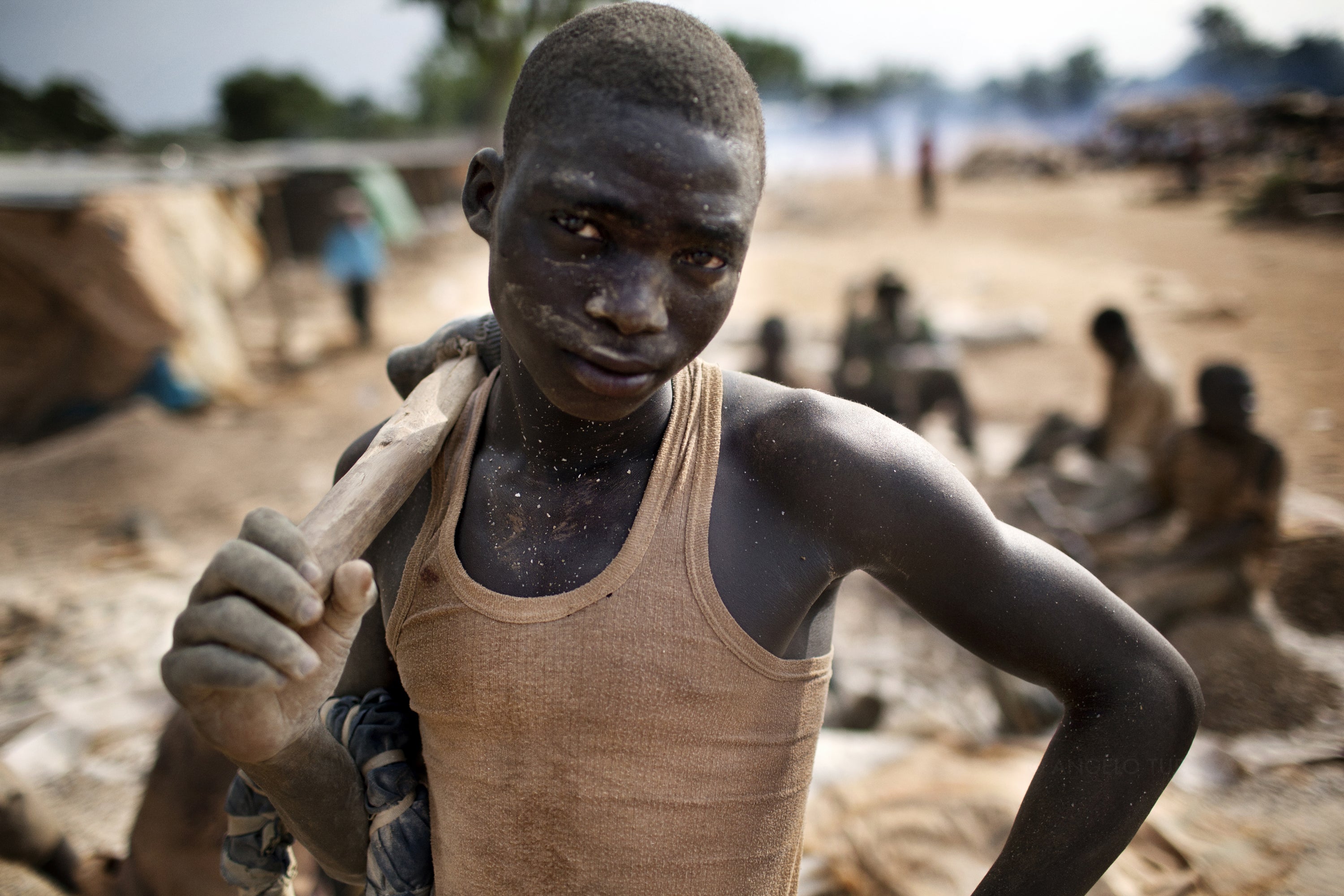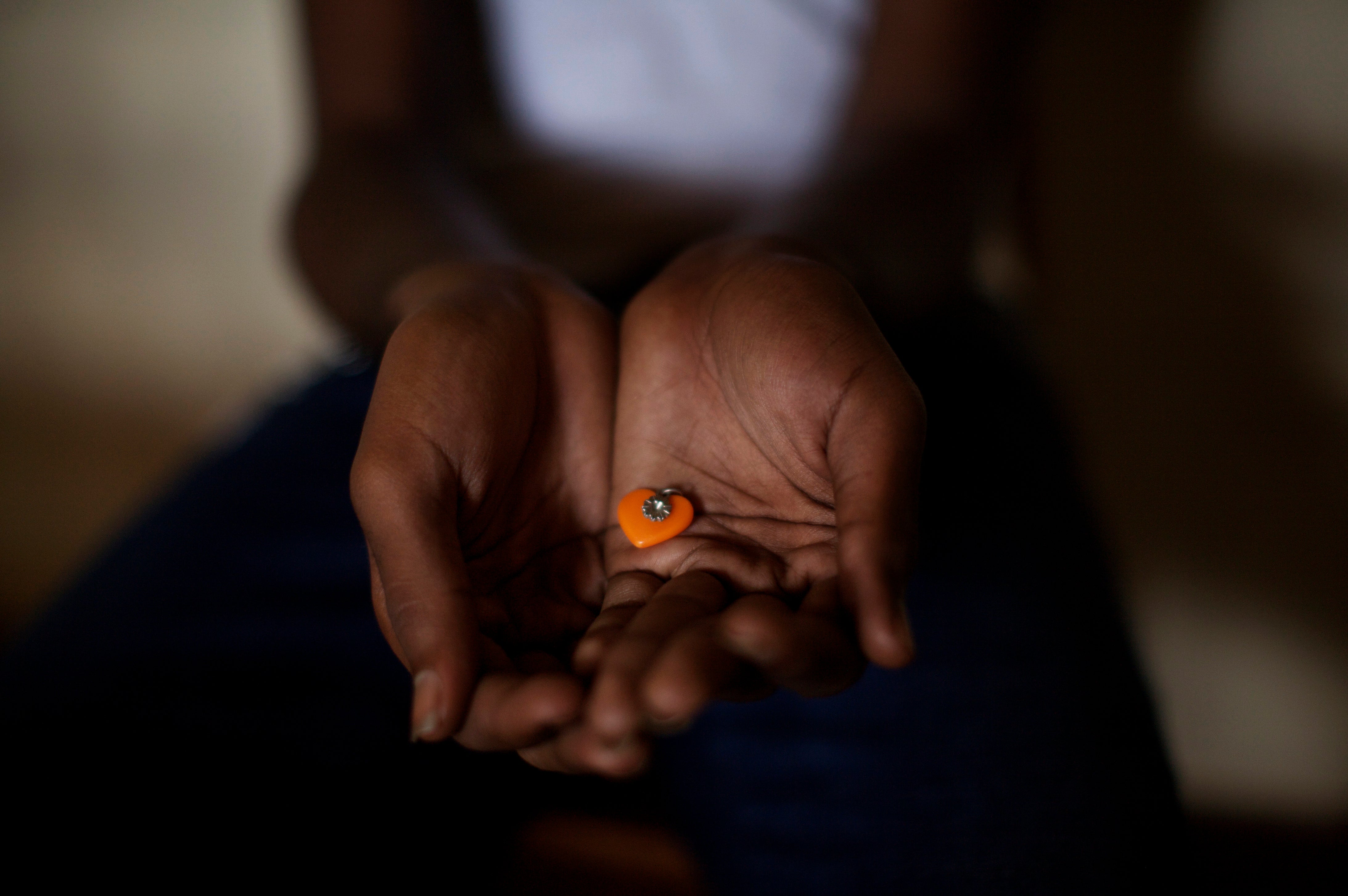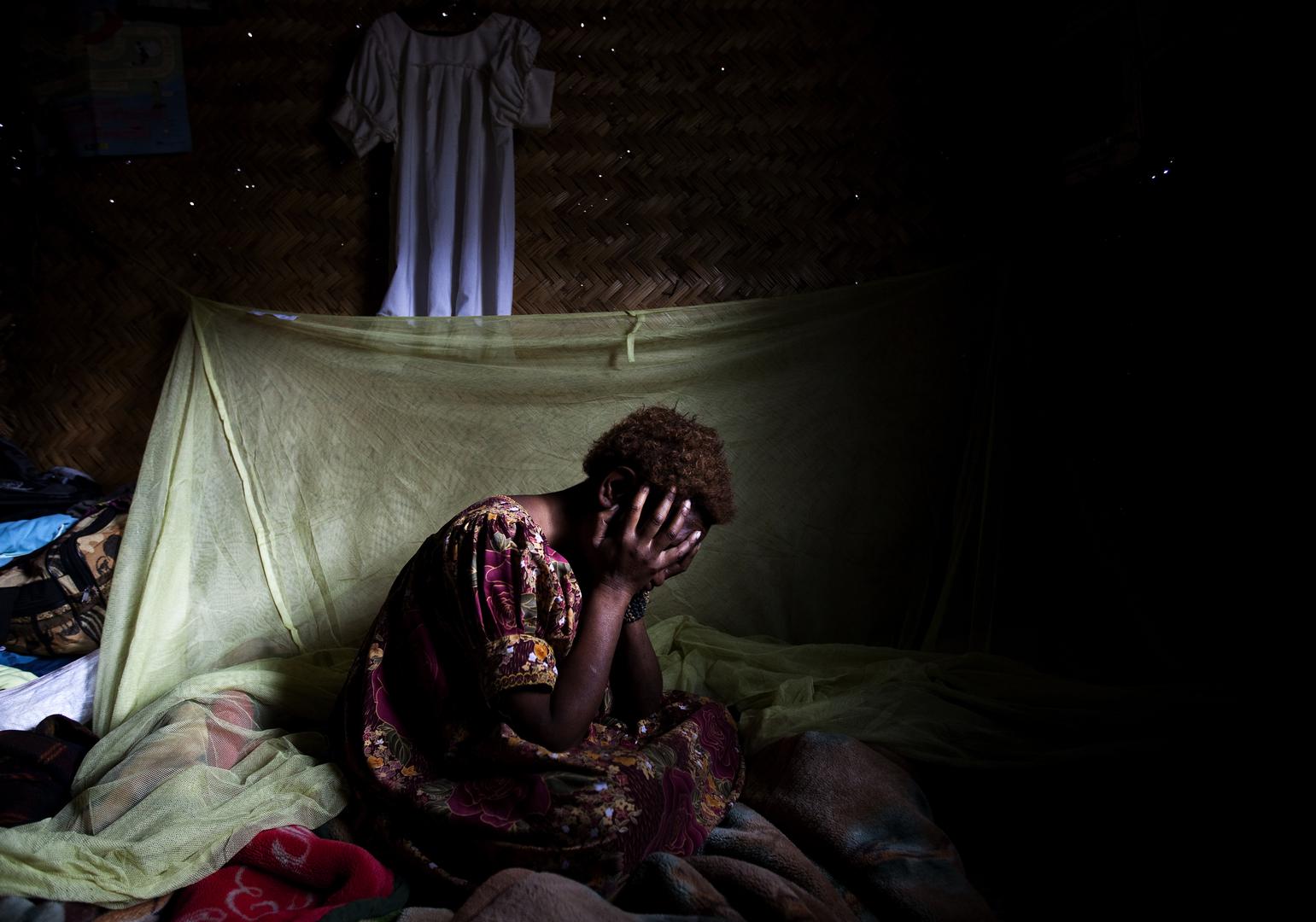President Hugo Chávez, who has governed Venezuela for 14 years, was elected to another six-year term in October 2012. During his presidency, the accumulation of power in the executive branch and the erosion of human rights guarantees have enabled his government to intimidate, censor, and prosecute Venezuelans who criticize the president or thwart his political agenda. President Chávez and his supporters have used their powers in a wide range of cases involving the judiciary, the media, and human rights defenders.
While many Venezuelans continue to criticize the government, the prospect of facing similar reprisals—in the form of arbitrary or abusive state action—has undercut the ability of judges to adjudicate politically sensitive cases, and forced journalists and rights defenders to weigh the consequences of publicizing information and opinions that are critical of the government.
Prison violence and police abuse remain serious problems.
Judicial Independence
In 2004, Chávez and his legislative allies conducted a political takeover of the Supreme Court, filling it with government supporters and creating new measures that make it possible to purge justices from the court. The court—re-packed with Chávez supporters in 2010—has largely abdicated its role as a check on executive power. Its members have openly rejected the principle of separation of powers and publicly pledged their commitment to advancing the political agenda of President Chávez. This political commitmenthas been reflected in the court’s rulings, which have repeatedly validated the government’s disregard for international human rights norms.
Individual judges may face reprisals if they rule against government interests. In December 2009, Judge María Lourdes Afiuni was detained on the day she authorized the conditional release of a government critic who had spent nearly three years in prison awaiting trial on corruption charges. Although Afiuni’s ruling complied with a recommendation by United Nations human rights monitors—and was consistent with Venezuelan law—she was promptly arrested. A provisional judge who had publicly pledged his loyalty to President Chávez ordered her to stand trial. The day after her arrest, Chávez publicly branded Afiuni a “bandit” who should receive the maximum 30 years in prison. Afiuni spent more than a year in pretrial detention, in deplorable conditions, together with convicted prisoners—including many she herself had sentenced—who subjected her to repeated death threats. In the face of growing criticism from international human rights bodies, Afiuni was moved to house arrest in February 2011, where she remained at this writing while awaiting trial.
Freedom of Media
The Chávez government has expanded and abused its powers to regulate the media. While sharp criticism of the government is still common in the print media, on the private TV station Globovisión, and in some other outlets, fear of government reprisals has made self-censorship a serious problem.
Laws contributing to a climate of self-censorship include amendments to the criminal code in 2005 extending the scope of desacato laws that criminalize disrespect of high government officials, and a broadcasting statute allowing arbitrary suspension of channels for the vaguely defined offense of “incitement.” In December 2010, the National Assembly broadened this statute to include the internet. Amendments to the telecommunications law grant the government power to suspend or revoke concessions to private outlets if it is “convenient for the interests of the nation.”
The Chávez government has used its regulatory authority to expand the number of government-run and pro-Chávez media outlets, while reducing the availability of media outlets that engage in critical programming. Venezuela’s oldest private television channel, RCTV, which was arbitrarily removed from the public airwaves in 2007, has since been driven off cable TV by the government, leaving Globovisión as the only major channel that remains critical of Chávez.
The government has pursued administrative sanctions against Globovisión, imposing a fine of US$2.1 million in one case for allegedly violating the broadcasting statute when it aired images of a prison riot in 2011. Another six cases remain pending against the station, which could lead to another heavy fine, or to its closure or suspension. In addition, the government has targeted media outlets for sanction and/or censorship for their critical reporting on the government’s response to issues of public interest.
The government has also targetedother media outlets for arbitrary sanction and censorship. For example, after the weekly newspaper 6to Poder published a satirical article in August 2011 depicting six high-level female officials as dancers in a cabaret entitled, “The Revolution” directed by “Mr. Chávez,” the paper’s director and president were arrested, and the newspaper received a court order barring it from publishing text or images that might constitute “an offense and/or insult to the reputation, or to the decorum, of any representative of public authorities.”
Human Rights Defenders
The Chávez government has intensified its efforts to marginalize the country’s human rights defenders by repeatedly accusing them of seeking to undermine Venezuelan democracy with the support of the United States government. While some human rights nongovernmental organizations have received funding from US sources—a common practice among independent groups throughout Latin America—there is no credible evidence that the independence and integrity of their work has been compromised as a result.
The weight of the government’s unfounded allegations has been compounded by Chávez supporters, who have filed multiple criminal complaints against leading NGOs for receiving foreign funding. In addition, the Supreme Court ruled in 2010 that individuals or organizations that receive foreign funding could be prosecuted for “treason” under a provision of the criminal code that establishes a prison sentence of up to 15 years for anyone who “collaborates directly or indirectly with a foreign country or Republic … or provides or receives money from them … that could be used against the Bolivarian Republic of Venezuela, the integrity of its territory, its republican institutions, citizens, or destabilizes the social order.” The National Assembly, moreover, has enacted legislation blocking organizations that “defend political rights” or “monitor the performance of public bodies” from receiving international assistance.
These efforts to harass and discredit human rights defenders have contributed to an environment in which they feel more vulnerable to acts of intimidation by government officials and violence or threats by its supporters.
The Chávez government has also enacted rules that dramatically reduce the public’s right to obtain information held by the government. In combination, these measures have significantly increased the government’s ability to prevent or deter human rights defenders from obtaining the funding, information, legal standing, and public visibility they need to be effective advocates.
Police Abuses
Violent crime is rampant in Venezuela, and extrajudicial killings by security agents remain a grave problem. The minister of the interior and justice has estimated that police commit one of every five crimes. According to the most recent official statistics, law enforcement agents allegedly killed 7,998 people between January 2000 and the first third of 2009.
Impunity for police abuses remains the norm. In 2011, prosecutors charged individuals allegedly responsible for abuses in less than 4 percent of cases investigated.
In April 2008, Chávez’s administration issued a decree that established a new national police force and enacted measures to promote non-abusive policing proposed by a commission comprised of government and NGO representatives. At this writing, there had been no independent evaluation of the new police force’s performance.
Prison Conditions
Venezuelan prisons are among the most violent in Latin America. Weak security, deteriorating infrastructure, overcrowding, insufficient and poorly trained guards, and corruption allow armed gangs to effectively control prisons. Hundreds of violent prison deaths occur every year. For example, in August 2012, a clash between rival prison gangs in Yare 1 prison, Miranda state, left 24 inmates and one visitor dead and 43 people injured.
Labor Rights
The National Electoral Council (CNE), a public authority, has the power to organize and certify all union elections, violating international standards that guarantee workers the right to elect their representatives in full freedom, according to conditions they determine. Established unions whose elections have not been CNE-certified may not participate in collective bargaining.
For several years, the government has promised to reform the relevant labor and electoral laws to restrict state interference in union elections. In April 2012, President Chávez adopted a new labor law by decree. Although the law states that unions are free to organize elections without interference, it lays down the voting system that unions must incorporate into their statutes, as well as the maximum length of tenure of union officers. These provisions limit the full freedom that unions should have under international norms to draw up their constitutions and rules and elect their representatives.
Key International Actors
Venezuela has increasingly rejected international monitoring of its human rights record, rejecting binding rulings of the Inter-American Court of Human Rights (IACtHR) and refusing to allow the Inter-American Commission on Human Rights (IACHR) to conduct in-country monitoring of human rights problems. In September 2012, Venezuela formally announced its withdrawal from the American Convention on Human Rights.
In March 2012, the UN Human Rights Council (HRC) adopted the Universal Periodic Review (UPR) report of Venezuela. The government has rejected several key recommendations aimed at protecting free speech, strengthening judicial independence, complying with the IACtHR’sbinding rulings, and supporting the independent work of NGOs. At this writing, the government had yet to authorize in-country visits by several UN human rights experts.




